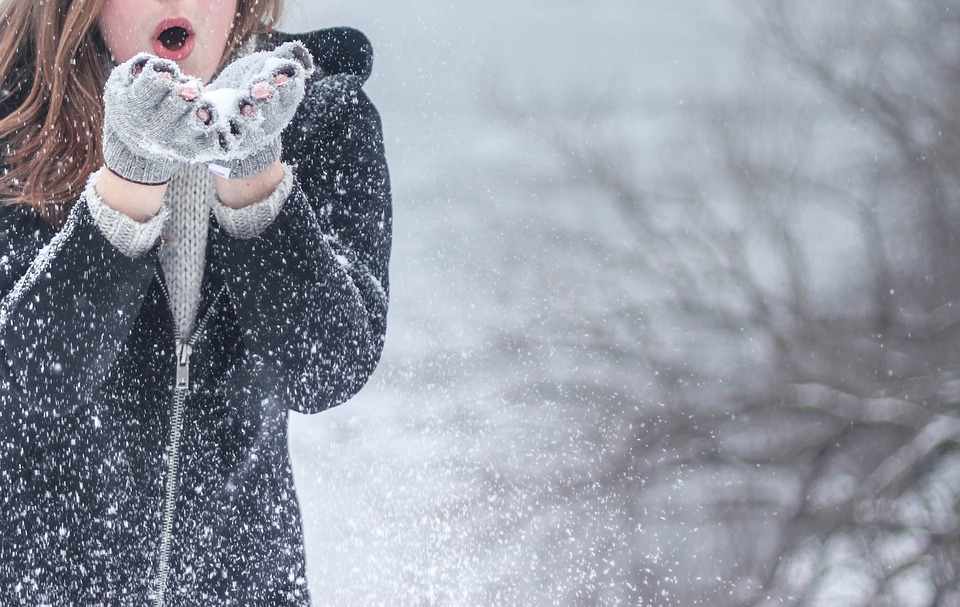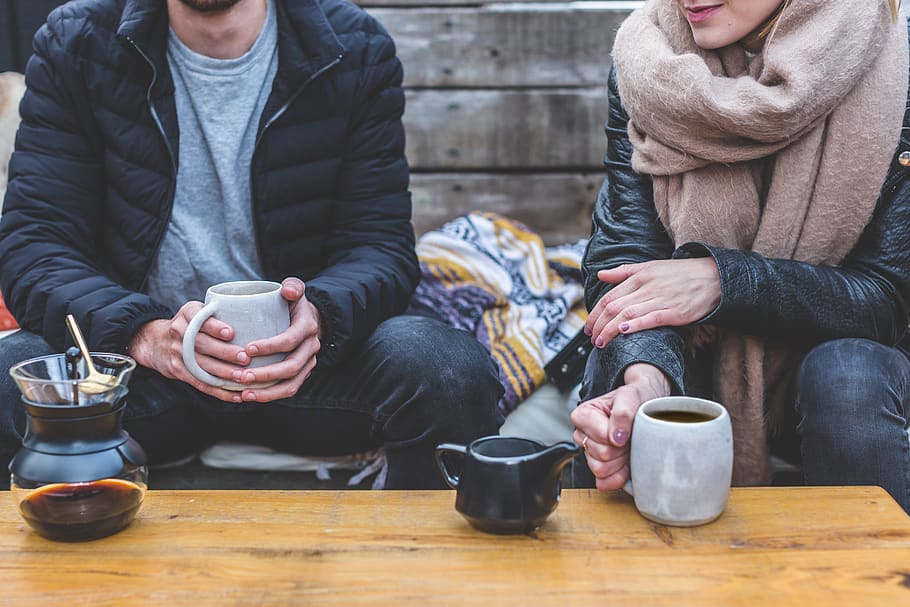Contrary to popular belief, there is no need to eat more in winter. If you avoid these bad habits, you’ll stay in shape!
1. Eat more fat
The low temperatures observed do not fall sufficiently much below zero to allow for a caloric excess. The most important thing to do in winter is to eat everything and a variety of dishes and hot drinks.
– Avoid alcohol which dehydrates the body.
– Drink plenty of water.
– Alternate meat, vegetables, and fish in reasonable quantities.
2. Limit your physical activity
It’s hard to get off the couch and go for a run when it’s cold outside.
However, if possible indoors, doing sports helps you feel better in your body and beat the cold.
3. Stay indoors

Do you find every outing in the cold winter a real challenge?
However, you can reduce the feeling of cold with the proper clothing, and a walk of at least 20 minutes a day boosts your immune system and morale!
– Cover your head, hands, and ears.
– Put warmers between two pairs of socks.
– Place two sweaters under a waterproof jacket.
4. Lack of sleep
In the winter, days off are few and far between. As a result, many people go to bed late after work under the guise of “enjoying” their leisure time. But watching TV until 2 a.m. can also leave you exhausted for the next day!
The body needs to work harder, so it needs more sleep in the winter to keep warm.
– You should not overheat your room; a temperature of 17°C is appropriate.
– Remember to air out the room to renew the air.
– Half an hour before going to sleep, take a book or magazine; it will help you find sleep.
– Don’t forget that a good herbal tea or hot chocolate calms and soothes the nerves before sleep.
5. Drinking less water

When temperatures drop, the body works hard to compensate, and like any physical activity, it becomes dehydrated. Sweating induces a significant loss of water in winter, as in summer.
– Don’t lose your good habits: drink at least one liter of water per day.
– You can also rely on hot drinks: coffee, tea, and soup.
– If you are physically active, double your water intake.
6. Turning up the heat
Excessive heat in an apartment or house will only negatively affect your fatigue and your wallet, not to mention possible accidents (fires, poisoning). A blanket and a sweater help you feel better at home!
Good to know: the average temperature of an apartment or a house should not exceed 19°C during the day and 17°C at night.
7. Not covering up enough
Whether or not a down jacket is in fashion, avoid a nasty cold by not dressing like last fall!
Yes, with three layers of sweaters wrapped up in a scarf, you rarely look like you’re free to move around, but at least you’ll be warm and much less tense while avoiding a cold in these days of covid-19.
8. Letting stress get the better of you
Stress can have dramatic consequences in winter. In times of stress, we tend to “forget” ourselves. This makes it challenging to maintain a balanced diet, good sleep, and regular physical activity.
However, without these three factors, the body will not find the resources to get through the winter safely:
– Fatigue shows up.
– Weight gain can occur.
– The body no longer protects itself against viruses and bacteria.
– Vitamin deficiencies may occur.
9. Drink coffee to wake up
Coffee tastes much better than tea to some people. But if consumed in excess, it can have unfortunate consequences on nervousness, sleep, and weight gain.
That’s why a coffee lover should limit herself to 1 or 2 coffees per day. Moreover, decaffeinated coffee does not prevent you from sleeping at night.
If you are tired, turn instead to:
– a tea,
– a short nap,
– a stretching session.
In winter, there is no shortage of traps! Fatigue, stress, poor nutrition, dehydration exhaust the body, which becomes prey to disease. Stay tuned for new posts on our blog to learn more on health topics.


